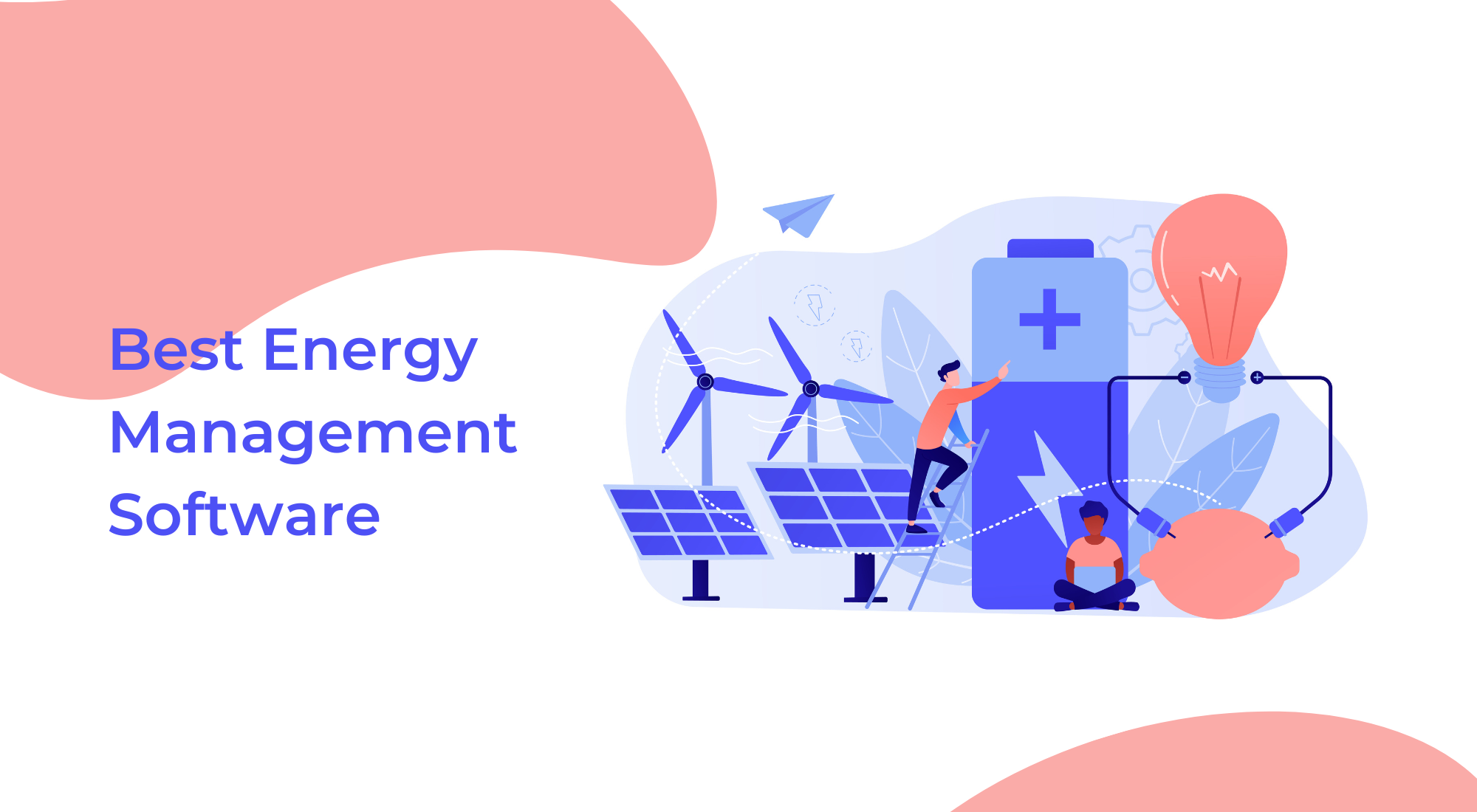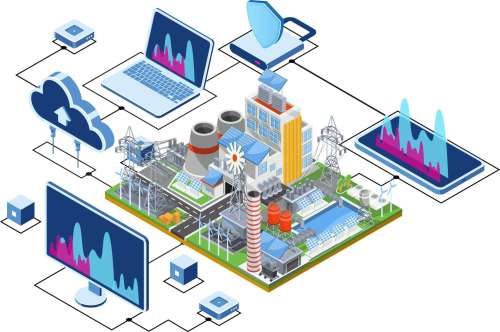How to Choose the Right Energy Management Software for Your Business
Energy management software is a powerful tool that can help businesses of all sizes save money on their energy costs by providing detailed information on energy usage and identifying areas where energy can be conserved. However, with so many different options on the market, it can be difficult to know which energy management software is right for your business. In this blog post, we will discuss the key factors to consider when choosing energy management software for your business.
Scalability
One of the first things to consider when choosing energy management software is scalability. Make sure that the software you choose can accommodate your current and future energy management needs. The software should be able to handle the amount of data your business generates and should be able to scale as your business grows.
Functionality
Consider the specific functionality you need from the software. This could include real-time monitoring, data visualization, automated scheduling and control, energy auditing, and reporting. Make sure the software you choose has the necessary features to meet your business's energy management needs.
Integration
Energy management software should be able to integrate with other systems your business already uses, such as Building Management Systems (BMS), Enterprise Resource Planning (ERP) systems, and Smart Grid technologies. This will ensure that you can get a more holistic view of energy usage and costs, and make better decisions.
User-friendliness
Consider the ease of use of the software. Make sure that it is easy to navigate, understand, and use. The software should be intuitive and user-friendly to ensure that your employees can use it effectively.
Security
Make sure the software you choose has robust security features in place to protect your business's data. The software should have secure data storage, encryption, and access controls to protect your business's data from unauthorized access.
Technical Support
The software should have a dedicated technical support team that can help you with any issues or problems you encounter. Make sure the software provider offers 24/7 support and has a good reputation for responding quickly to customer inquiries.
Cost
Consider the cost of the software. Make sure that the software you choose fits within your budget. Keep in mind that the cheapest option may not always be the best option. Investing in a more expensive energy management software may be worth it in the long run if it provides more features, better scalability, and more reliable support.
Customization
Some energy management software can be customized to meet your specific business needs. Consider if the software can be customized to meet your specific requirements, such as data visualization, reporting, and data analysis.
Cloud-based or On-premises
Energy management software can be either cloud-based or on-premises. Cloud-based software is accessible from anywhere with an internet connection, while on-premises software is installed on a local server. Consider which option is best for your business, keeping in mind that cloud-based software is generally easier to scale and maintain.
Vendor reputation
Before making a final decision, it is important to research the reputation of the software vendor. Look for reviews and testimonials from other businesses that have used the software and consider the vendor's track record of reliability, customer service, and innovation.
"choosing the right energy management software for your business is essential for saving money on energy costs and improving energy efficiency"
In conclusion, choosing the right energy management software for your business is essential for saving money on energy costs and improving energy efficiency. When making a decision, consider the scalability, functionality, integration, user-friendliness, security, technical support, cost, customization, cloud-based or on-premises, and vendor reputation of the software. By considering these factors, you can make an informed decision and choose the energy management software that best meets your requirements.











